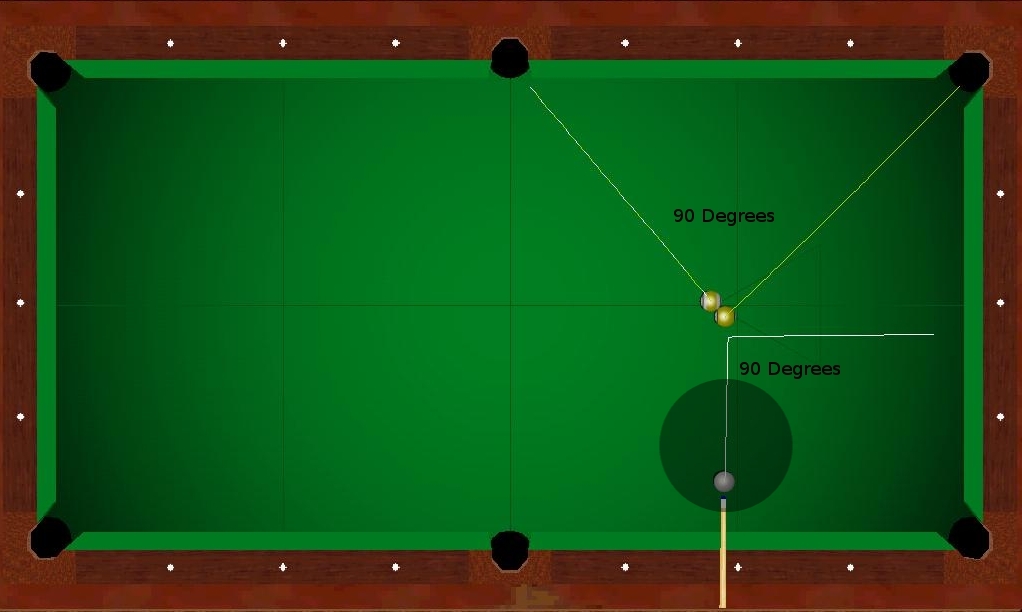Donate!
Please help us on our journey to raise $100 million!
“I need a pool table in my classroom to teach math and physics,” I told the director the school. She raised an eyebrow, thought for a second, and surprisingly agreed to it!
 The students loved “seeing” and “experiencing” the math or physics. A pool table is perfect for that.
The students loved “seeing” and “experiencing” the math or physics. A pool table is perfect for that.
Little did I know that one day the pool table would serve to help motivate one of my students to pass my class.
“Mr. Huynh, will you teach me how to play pool?” Monica asked as I was practicing pool shots after school in the common area waiting for students to come by my class for tutoring.
Monica came from a family who did not encourage her to do well, at least not her father. In fact, she mentioned that he would repeatedly tell her that she will “one day drop out of school and get pregnant.” It is hard to believe that parents like this exist; as a result, it was no surprise that she was failing my class.
I replied to Monica, “I feel a bit funny to teach you how to play pool when you’re failing my class. How about this…when you raise your grade up to a C average, I will give you a week of lessons after school? In fact, I’ll even help you get there if you stay after school each day so that I can help you with your homework and studying.” Without hesitation, she agreed.
For the next month and a half, she stayed after school each day for tutoring to complete her work and study for tests. Little by little she raised her grade up from failing to passing. She showed me her progress report showing a C average and asked when we would start. “Let’s start on Monday after school,” I exclaimed.
Some students are motivated by prizes, some by awards, and others need very specific rewards. These students are the hardest to motivate, but when I discover what they’ll do for better grades, I’ll do my best to negotiate with them.
For Monica, it was a few lessons to learn how to play pool.

Academy of the Renaissance believes that motivation is a key component to learning and keeping students engaged in school. We believe that students do not all equally receive the encouragement they need from their family and friends to do well in school. It will be part of our mission to discover what motivates each student to be successful in school.
Motivation comes in two forms: extrinsic and extrinsic.
Motivation often starts with students finding extrinsic value in what they’re learning, such as prizes or recognition. We often find this to be temporary because those extrinsic rewards often are short-lived. What happens when the student no longer finds value in those rewards?
It will then be important for us to help develop intrinsic value for learning so that students will find learning as an activity that is both enjoyable and necessary for long-term success. Reaching this level of motivation requires months, if not years, of immersing students in a positive environment that fosters curiosity, creativity and autonomy. This is a process that will require the application of Maslow’s Hierarchy of Needs (See Reason 10). I have found that individual academic counseling, motivational speakers, deep academic discussions, goal setting, developing continuous improvement, and encouraging a growth-mindset all contribute to developing intrinsic motivation.
Ideally, a healthy environment for learning will entail both extrinsic motivation and activities that develop intrinsic motivation. Even as adults, we still want at least a little recognition for a job well done.
While we cannot control the environment that our students face each day outside of the school, our teachers will do our best to provide an environment that is safe and encouraging so that students can academically prosper. We believe that teaching and learning cannot begin until a child has become motivated to learn.
Motivation is the fuel that keeps students coming back each day to school.

